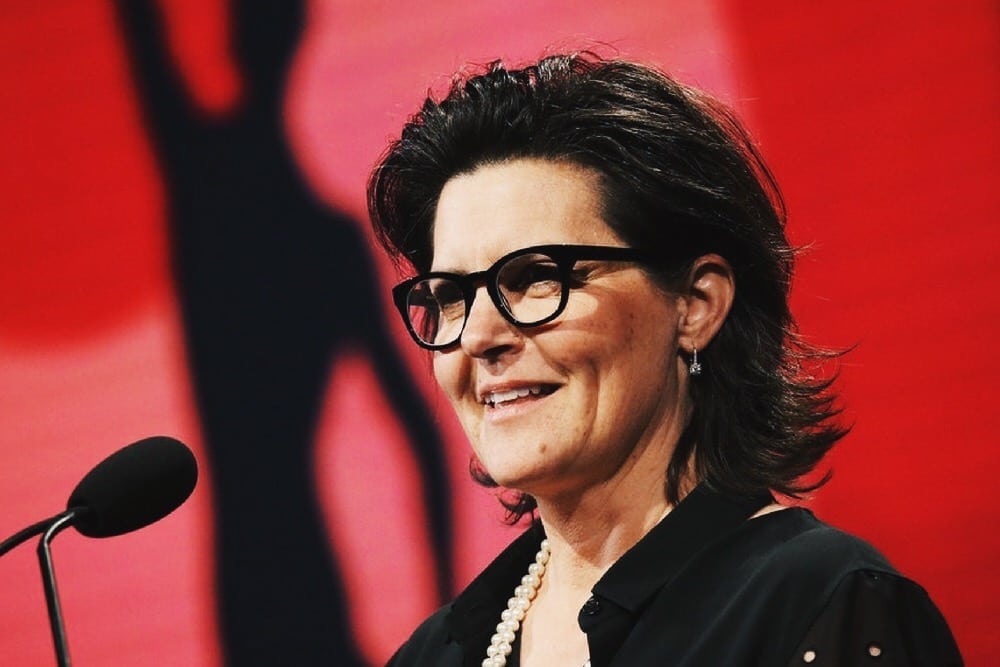When you start a business, you’re doing more than going to work and getting paid. You are putting something new out into the world; you are affecting culture in a profound way.
You are, to be frank, positioning yourself as a leader.
No longer are you just a consumer in our commercialistic society; you’re the one making goods for people to consume! How you choose to do that matters, not only for the success of your business, but for your consumers — and for everyone affected by your choices.
I find it kind of baffling that the words ‘sustainable’ or ‘ethical’ are thrown around like hippy-dippy liberal propaganda; as though only the uber-sensitive, easily offended, probably elitist type of people would care about stuff like that. Asking someone if they recycle in mixed company is almost as bad as bringing up politics or religion.
But when did it become ‘elitist’ to do good in the world?
Once you start a business, your choices have much further-reaching effects — whether you realize it or not. One of the amazing things about the phenomenon of globalization is you can buy from suppliers all over the world. You have so many margin-friendly options! The problem is how little we can actually see what those suppliers are doing. You can email a manufacturer halfway across the globe and read the ‘code of conduct’ on their website, but how can you really know whether they treat their employees ethically? Are those employees paid a fair wage? Are they overworked? Do they have support if they’re injured on the job? Do they pay their workers at all? Do they force children to work?
Yes, these are grim questions. They’re awkward and uncomfortable, and it sure is simpler to ignore them. Plenty of companies do; heck, plenty of consumers do — that’s why companies get away with it. But the uncomfortable truth is this: if you don’t know, with verifiable proof, that your supplier is ethical, there’s a really big chance it isn’t.
Fortunately, you do have options.
Made In America. One of the growing trends in business these days is to simply stop outsourcing internationally. Is there any way your product can be made entirely in America? Don’t assume it’s impossible; you might be surprised. Keeping your entire supply chain in the USA has a lot of benefits; it’s great PR and can make for an extra selling point. What’s more, there’s a much higher chance that the manufacturers will be operating ethically because of how strict US laws are protecting workers’ rights. Of course, that’s obviously not a guarantee, but it definitely helps.
Audit Your Supplier. This is an extra cost, but if you’re able, there are plenty of compliance companies out there willing to perform a third-party audit of your supplier’s working conditions for a fee. Auditing, however, costs you more than just an invoice — for the process to really be effective, you’ll have to put in a time commitment as well. If you’re truly committed to sustainable, ethical business practices all the way down your supply chain, you’ll have to work with the audit company and visit the supplier yourself, asking hard questions and insisting on the necessary changes.
The Fair Labor Association. The FLA actually has a list of suppliers on their website, all of whom commit to upholding the FLA workplace code of conduct and allowing external monitoring by the FLA. The FLA is “a collaborative effort of universities, civil society organizations and socially responsible companies dedicated to protecting workers’ rights around the world.” If your supplier comes from this list, you’ll be able to rest assured that an international watchdog is holding them accountable.
If you’re starting, or running, a business, you are already a leader. Your choices don’t just affect you. If you choose to turn a blind eye, there will consequences. But the other side of that dismal coin? You have an opportunity to set a better precedent. You have the opportunity to make good things happen with your business; to create sustainable jobs and contribute to the world in amazing ways!
It takes a little extra work, sure. It costs more. But the truth is, if it’s not costing you, it’s costing someone else.
Like what you’re reading? Access HER magazine’s monthly publication in iTunes or Google Play – it’s where we feature powerhouse women you can learn from and share exclusive content you won’t find here.







